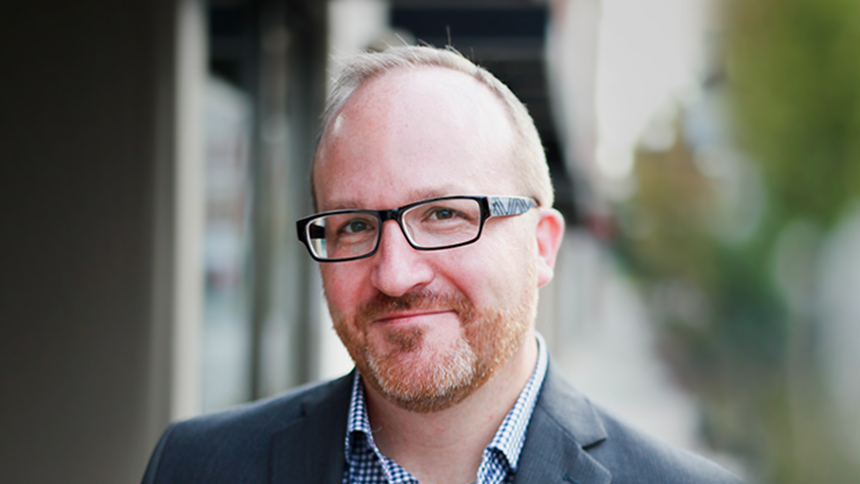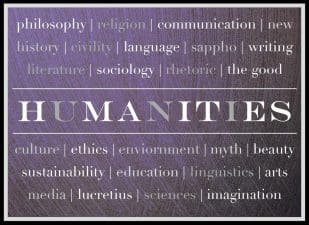I’m sick of hearing about the “STEM Crisis” in America. Read any report on American education from the past decade, and you’ll see an excessive amount of hand-wringing over the fact that American students are failing to engage fully with the new gods of our modern era: Science, Technology, Engineering, and Math. According to a recent study, America is 27th in the world in math, and 20th in science. ~gasp~
Aside from the fact that grooming all of us young Americans into great Astronauts and Airplane-Builders feels like a remnant of the Cold War Space Race, and aside from all the American exceptionalism that underlies this assumption that we, as a country, should be the best in Science/Technology/Engineering/Math, I take issue with the fact that this emphasis on STEM is making the humanities an afterthought in American education, and that people think you can’t get a job without a STEM major, when, in fact, only half of STEM graduates actually find STEM jobs.
Also on Mediabistro


The US Department of Education has done some damage control to assuage the type of rage I’ve displayed above. They assert that liberal arts style education is still relevant. They also continue to push the STEM agenda with programs like Educate to Innovate!
I do not have a STEM degree. I am pursuing an English degree at a liberal arts college. (Quoth the haters: “How useless!” “What are you going to do with that degree? Write? Teach?”)
But I wasn’t always this way.
I’m decent at math and science, and I started out my college career as a Computer Science major, before I decided to opt out of it (I still got a minor). I had a choice between a STEM path and a Humanities one. I chose the humanities, and I don’t regret it at all.
By choosing my English major, I was able to study abroad in Glasgow, UK. With my program of study there, I read Scottish literature in the place where it was written. By reading ancient and modern Scottish texts, I developed a deep understanding of the historical precedence for the Independence Referendum Scotland was voting on at the time. Literature, as much as anything else, helped me gain a sense of Glasgow. I don’t think learning about the Fibonacci Search Technique would have done the same.
Ultimately, I decided to pursue my studies of English over Computer Science because I believe reading, responding to, and creating literature makes me a better person who’s better able to empathize with those around me, and who’s better able to zero in on the heart of any issue presented to me. There’s actually science to back this up.
I preferred my humanities classes at college to my STEM ones because we had discussions in my literature and workshop classes. We debated and created knowledge and opinions about the ideas in our readings and our writings. On the other end of the spectrum, I took a linear algebra class where I was forced to memorize theories and interpret numbers with a narrow matrix-centric lens.

I’m going a little too far. Some math needs to be broken up into bite size, matrixy pieces to make sense. And, at its best, computer science is a highly creative field. What it came down to was that, in English classes, I felt like I was becoming a better citizen of the real (not binary) world. And that’s more important to me than making scientific breakthroughs (although I sincerely hope all people don’t feel this way — we need that cancer cure now).
The STEM jobs just aren’t out there for the picking. And technical or narrowly focused education might not be the best preparation for careers in general — not just STEM careers. According to this report by the Harvard/MIT research pairing of Frank Levy and Richard J. Murnane, nowadays, “the fastest growing occupations involv[e] unstructured problem-solving, working with new information, and non-routine physical activity.” Levy and Murnane also say that the increase in “computerized work” has increased the baseline literacy level needed to be a successful worker.
My study of English definitely helped up my literacy. But, in a more general sense, two of these three skills needed for modern work — ”unstructured problem-solving,” and “working with new information” — are definitely not STEM or humanities specific. My psychoanalytic, feminist analysis of The Country of the Pointed Firs helped me develop these skills just as much as implementing a novel approach to titrating acids (or whatever chemistry majors do).
The “soft” skills gained from a humanities-focused or liberal arts education can be just as valuable as “hard” STEM skills in making productive members of society — in teaching people how to run governments and start companies and build buildings and, yes, write and teach.
Just look at me: I got paid to write this blog post. 🙂
And don’t just listen to me: the speakers on this episode of the TED Radio Hour make some great points about how critical thinking is more important than ever in the age of big data.










